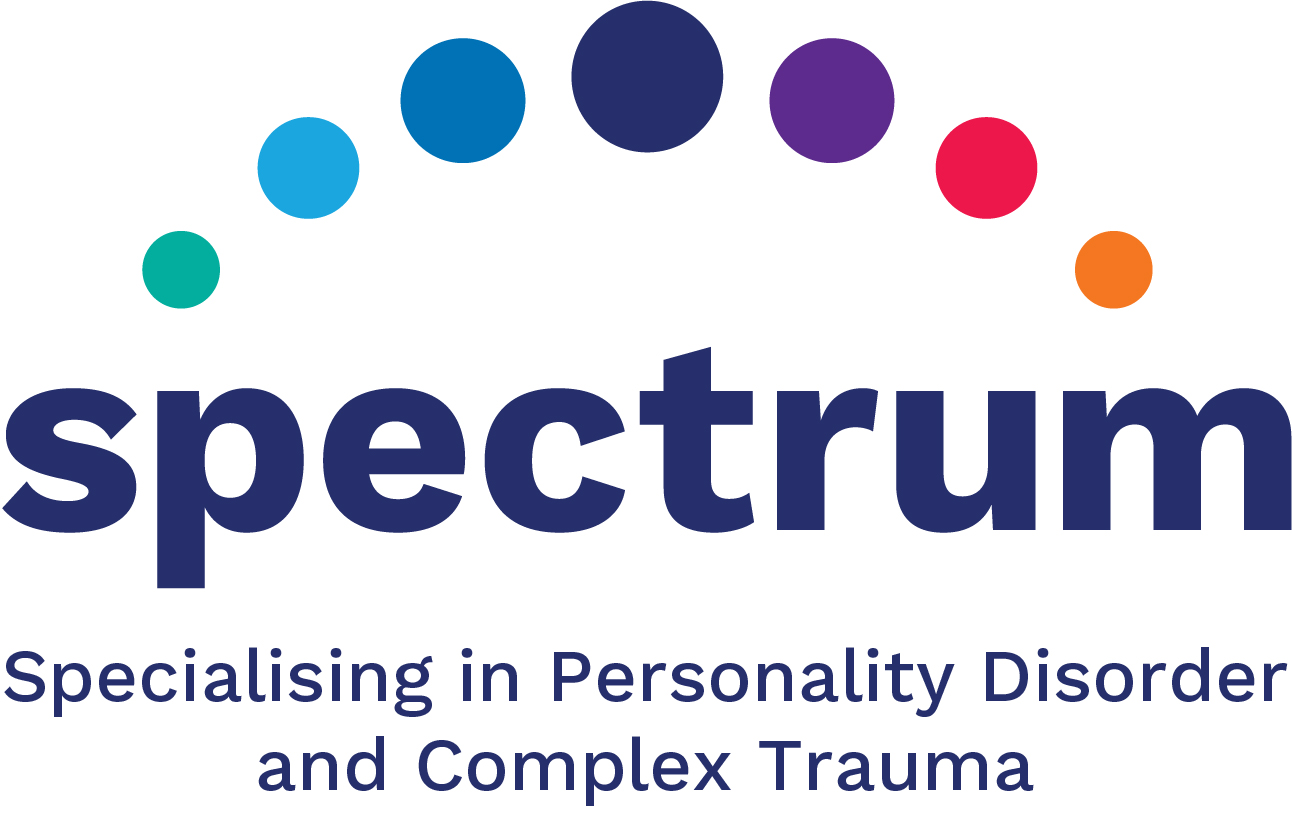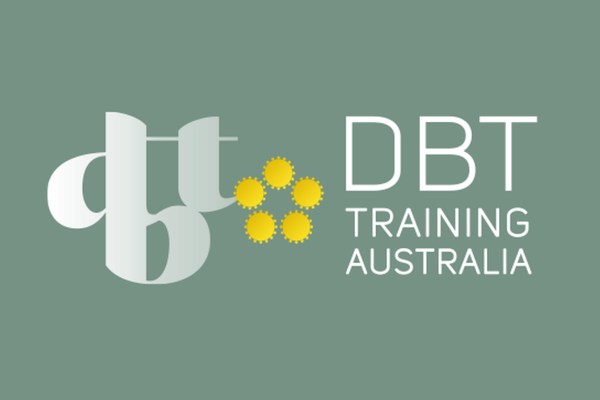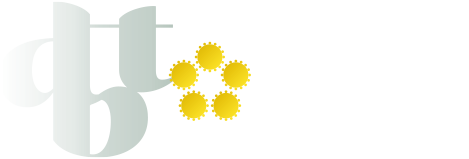DBT Foundational training - November 2023
Richmond, Victoria, 3121
13-17 November 2023
Online registrations closed on 13 October 2023 for this training.
 |
A collaboration between
|
 |
A five-day in-person training for members of Intensively trained DBT teams
This five-day training is designed specifically for individual therapists or skills trainers who are members of an intensively trained DBT team, but have not completed Intensive training themselves. It is meant to assist teams that have welcomed new staff or experienced turnover by allowing newer team members to get trained in the standard content of DBT or team members who have been intensively trained and would like a refresher. Lecture, video, role-play and small group exercises will be used to teach DBT theory and strategies in depth. Participants agree to attend the entire five days of training, do their best to learn the material, and participate in a willing, committed manner.
The training requires that participants work in an active DBT program, participate in a consultation team, and will continue learning DBT with a mentor. Your mentor will have completed a DBT Intensive training (or equivalent) OR have completed a DBT Foundational training and provided the treatment for at least 2 years as part of a comprehensive DBT programme. Click here for a detailed description of the requirements and the mentor's role.
If you are not a member of an Intensively trained DBT team but wish to get your whole team trained then click here.
Click here to see a video describing and comparing the DBT Intensive Training and the DBT Foundational training.
Criteria for Eligibility for Foundational training:
Behavioral Tech has specified eligibility criteria for foundational training designed to increase the chances of successful practice. Applicants must:
- Belong to a DBT team that was established within a DBT intensive training (or equivalent) and where at least 50% of the team has been intensively trained.
- The DBT team provides all four modes of DBT: (individual DBT, group skills training, telephone consultation or functional equivalent for generalisation, therapist consultation meeting) to meet the 5 functions of treatment (improve client motivation, enhance client capabilities, generalisation, structure the environment, DBT consultation meeting).
- Their DBT team has the resources to mentor the members in training and help them become part of the team
- There is enough expertise on the team to navigate required program development.
- Please contact us if you are unsure if you meet these criteria.
Training Objectives
Primary objective: As a result of this training participants will be able to provide DBT. Specifically:
- Participate in a DBT Consultation Team.
- Demonstrate Consultation Team strategies used in DBT.
- List the modes, the functions, and the typical treatment agreements made in DBT.
- Implement the structure, goals, and stages of DBT treatment.
- Teach the four DBT skills modules (Core Mindfulness, Interpersonal Effectiveness, Emotion Regulation, and Distress Tolerance).
- Explain the Biosocial Model of Borderline Personality Disorder (BPD) and other severe disorders in all required treatment contexts.
- Create DBT treatment plans for clients using targeting procedures.
- Explain the dialectical nature of DBT.
- Demonstrate how dialectics are used in DBT.
- Conduct Cue Exposure and Response Prevention.
- List the steps in Problem-Solving.
- Conduct complete Behavioral Chain Analyses and solution analyses.
- Implement the Cognitive-Behavioral strategies in DBT.
- Identify the levels of validation and the contexts in which they apply.
- Demonstrate the use of validation to balance the change strategies in treatment.
- Demonstrate the different communication strategies of DBT.
- Implement the DBT case management strategies.
- Implement telephone coaching and other generalization strategies of DBT.
- Apply suicide crisis protocols of DBT.
- Discuss the DBT research for different populations.
Training Prerequisites
Participants must meet the following criteria:
- Be a current member of an Intensively trained team, where at least 50% of the team has been intensively trained.
- Be invested in learning DBT to a high standard in order to better implement the treatment in their usual settings. Participants agree to attend and fully participate in the entire training in a willing, committed manner.
- Have your DBT team leader or mentor who has completed an Intensive training who can endorse your team's ability to support and mentor your new practice, including meeting with you to support your completion of the required readings and homework. We require an email from your DBT team leader /mentor to confirm this.
- Agree to read the following books before the Foundational Training:
- Linehan, M.M. (2015). DBT® Skills Training Manual: Second Edition. New York: Guilford Press.
- Linehan, M.M. (2015). DBT® Skills Training Handouts and Worksheets: Second Edition. New York: Guilford Press.
- Linehan, M.M. (1993). Cognitive-Behavioral Treatment of Borderline Personality Disorder. New York, NY: Guilford Press.
Training Stages
- Preparation: Guided self-study of DBT manuals and other required readings and optional online training.
- Instruction: Five days of instructor-led lectures, demonstrations, and small group exercises used to teach DBT theory and strategies in-depth
- Implementation: Three months of working with your mentor to hone your DBT clinical skills and complete comprehensive homework assignments. Homework assignments must to submitted by email to complete the course.
Registration Process
Please complete your application online. The online forms may take up to half an hour to compete. You will need the names of your DBT team members and an agreement by one senior DBT colleague to mentor you in your learning. We will review your submitted application. You will receive an invoice when the application is accepted. We recommend you do not book travel or incur other costs until you hear from us that your registration has been accepted. If you are interested in this training but unable to register yet due to organisational issues please let us know to assist our planning.
Location
This is an in-person training. Please see below for location details
Trainers:


Details:
Where:
Click to open map in a new window
When:
Times:
Registration:
Registrations are managed online (see below)Cost:
Payment options: Credit card payment, Bank payment.
Terms and conditions:
- All registrations must be approved according to Behavioral Tech criteria prior to acceptance for the training.
- All registrations are confirmed only when payment is received. Payment must be made before the training. By registering you accept liability for the costs of the training.
- You agree not to record the events in any way nor distribute materials to other persons without prior agreement.
- A colleague in the same consultation team (who meets the eligibility criteria) may be substituted for no extra charge if we are notified at least 5 business days before the training.
- If a participant shows signs of or is diagnosed with Covid-19 then in accordance with public health measures they will be unable to physically attend the event during that period. Instead, they will be able to attend the event online by using their own electronic equipment with capacity to access Zoom from their own private locations.
- The training is planned as an in-person, on-site training for the full 10 days. If a public health measure (such as Covid-19 measures) prevents in-person events, then the training will proceed on the scheduled dates online with all participants attending by using their own electronic equipment with capacity to access Zoom from their own private locations.
- In the unlikely event the training is cancelled by the organisers, registration will be fully refunded but no liability will be accepted for travel, accommodation or other costs/expenses incurred to registrants.
- Online statements of attendance are downloadable from this page. Printed certificates of attendance are not available for this event.
Online registration:
Online registrations closed on 13 October 2023 for this training.
You can contact us here with any enquiries about this training.

